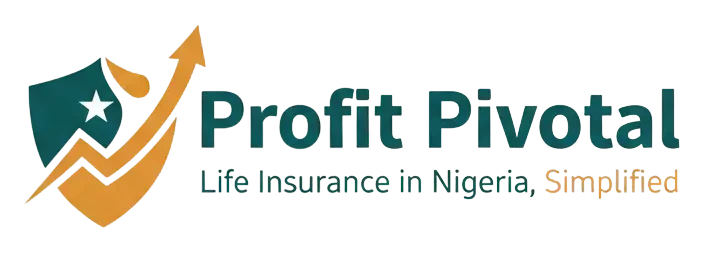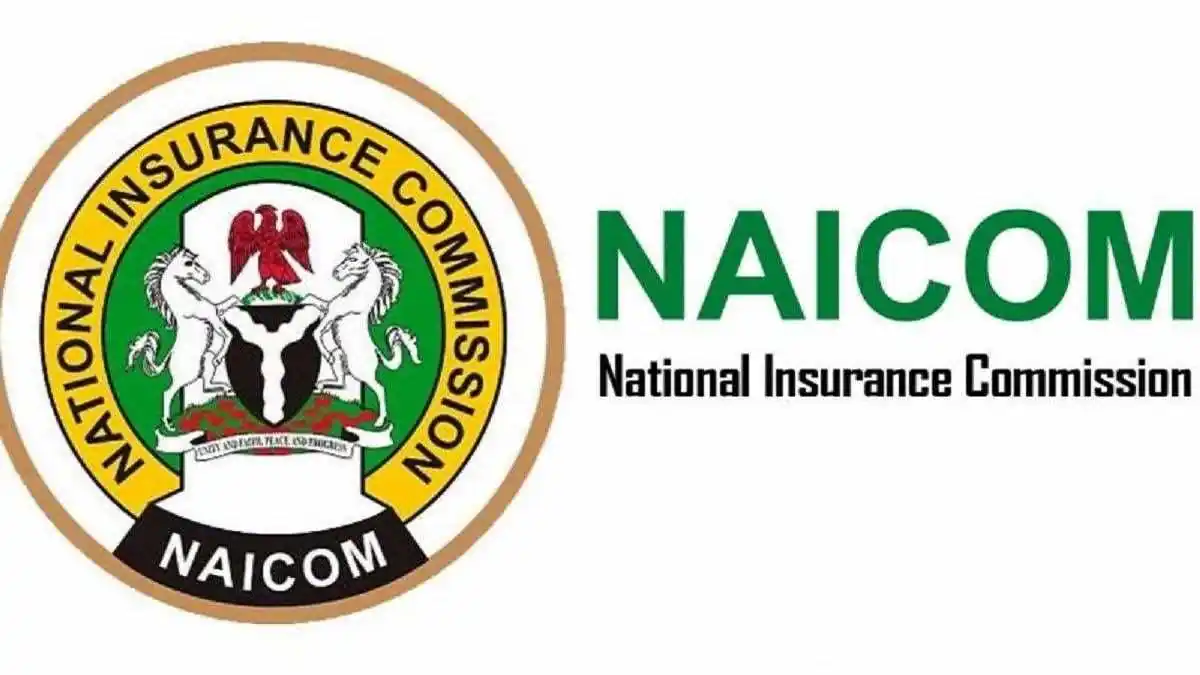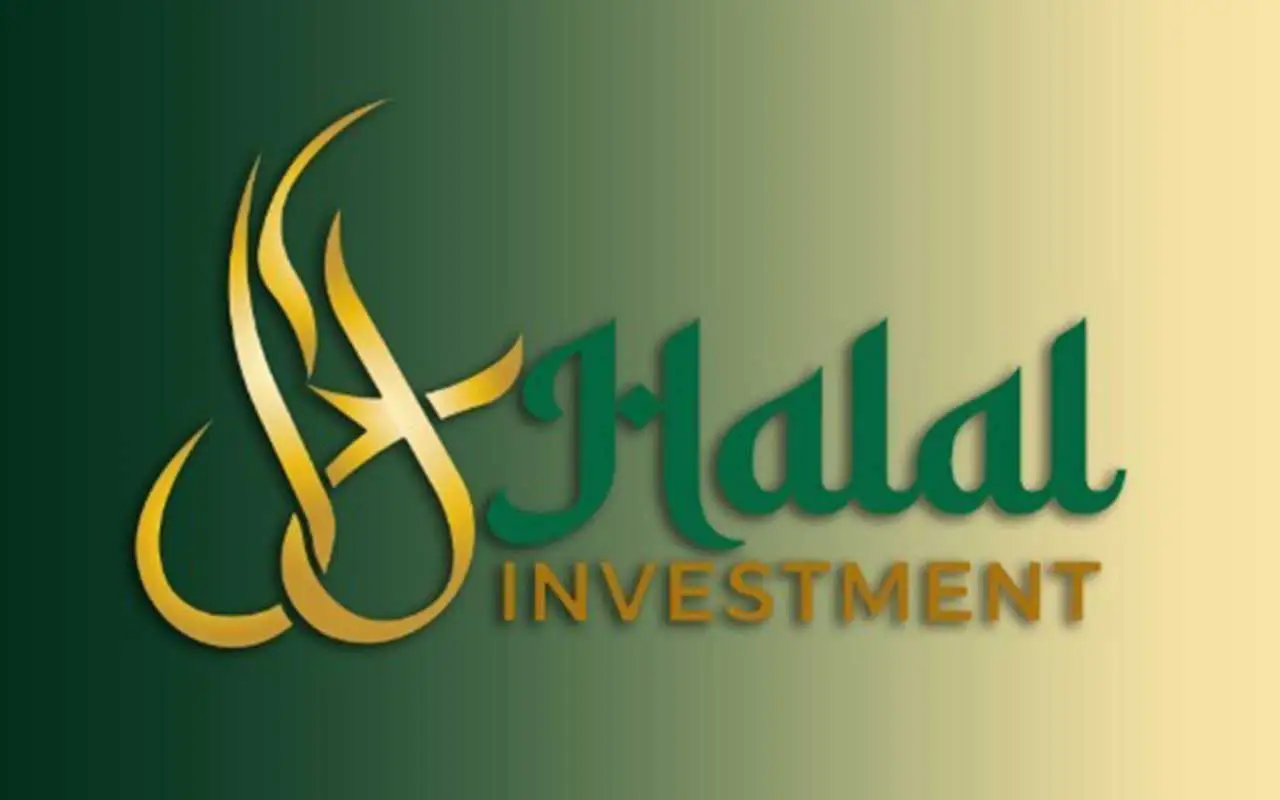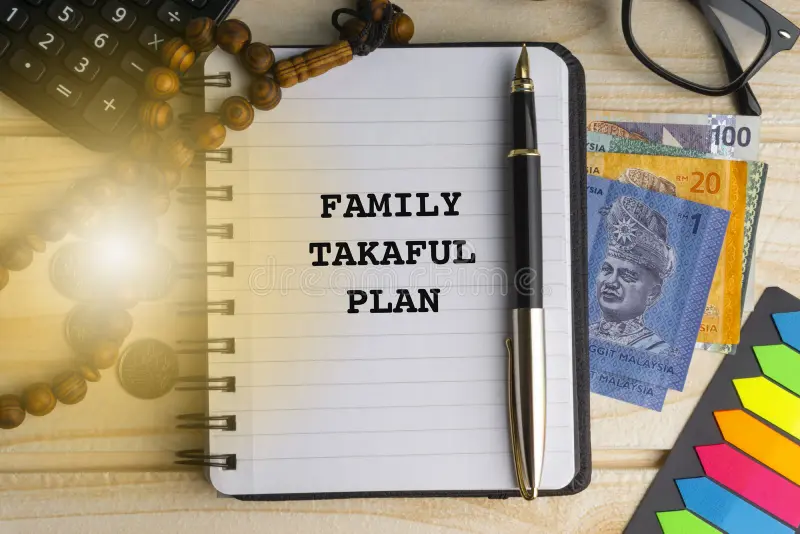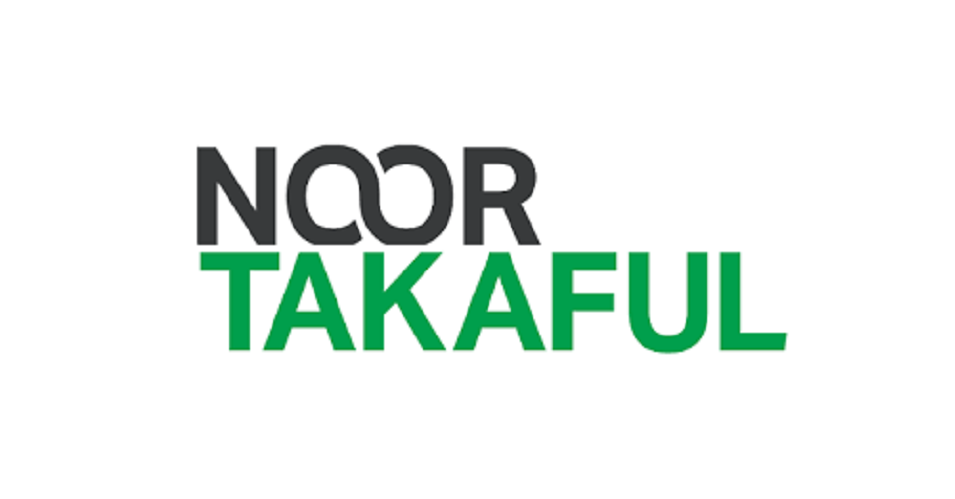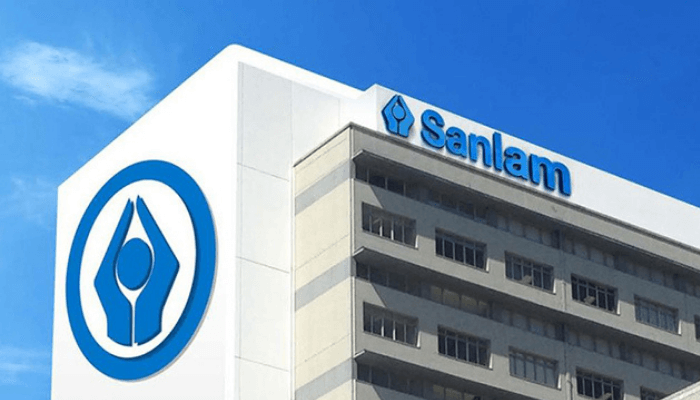Estate equalization with life insurance in Nigeria is an indispensable strategy for families with significant, indivisible assets like thriving businesses, large real estate portfolios, or family farms. When planning your legacy, this presents a difficult emotional and financial challenge. How do you treat all your children fairly when one is deeply involved in the family business and the others are not? Life insurance offers an elegant solution to ensure fairness, prevent conflict, and preserve both your legacy and family harmony.
The principle is simple: “fair” does not always mean “equal.” Forcing children who are not involved in the business to become co-owners often leads to disputes and can jeopardize the company’s future. Selling the asset to divide the cash might mean dismantling a lifetime of work. Life insurance provides a third, more effective option: it creates a liquid cash asset to balance the inheritance for heirs who are not receiving the illiquid family asset.
What is Estate Equalization?

Estate equalization is the process of distributing assets among heirs in a way that provides equitable value to each beneficiary, even if they don’t receive identical assets. When a significant portion of an estate is tied up in an indivisible asset like a business, equalization ensures that the child inheriting the business and the children who do not are all treated fairly from a financial standpoint.
The Equalization Problem: A Common Nigerian Family Dilemma
Consider this common scenario: A successful business owner in Lagos has three children. One child has worked in the family business for years and is the natural successor. The other two have pursued different careers and have no interest in running the company. The business is valued at N800 million and represents the bulk of the parents’ estate.
The parents face a difficult choice:
Splitting Ownership Equally: Giving each child a one-third share could be disastrous. The two uninvolved children might interfere with business operations or demand dividends the company cannot afford, creating conflict with the sibling who is running it.
Forcing a Sale: Liquidating the business to divide the proceeds would destroy the family legacy and the successor child’s career.
Leaving the Business to One Child: This feels unfair to the other two children, who would receive a much smaller inheritance, leading to resentment and potential legal challenges that could tear the family apart.
This is the equalization problem, and life insurance is its most efficient solution.
How Life Insurance Solves the Estate Equalization Problem
Life insurance provides the perfect tool for estate equalization because it creates a separate, liquid asset of a known value at the exact moment it is needed: upon the owner’s death. The strategy is straightforward and powerful.
How Estate Equalization Works in Practice
Asset Valuation: The first step is to get a professional valuation of the business or other illiquid asset. This determines the amount of life insurance coverage needed to equalize the estate.
Purchase a Life Insurance Policy: The parents purchase a life insurance policy with a death benefit equal to the value of the business. For a married couple, a “second-to-die” policy, which pays out after the second spouse passes away, is often a cost-effective option.
Designate Beneficiaries: The children who are not inheriting the business are named as the beneficiaries of the life insurance policy.
Structure the Estate Plan: The parents’ Wills or Trusts are drafted to leave the business interest to the successor child.
Estate Equalization Example: Nigerian Family Business
Using our N800 million business example:
- The parents leave the N800 million business to the child who runs it.
- They also have a life insurance policy with an N800 million death benefit. The two non-business children are named as beneficiaries, each receiving N400 million in tax-free cash upon their parents’ death.
The result is a perfectly balanced inheritance. The successor child receives the business, and the other children receive an equivalent value in cash, which is often more useful to them.
Benefits of Using Life Insurance for Estate Equalization in Nigeria
This strategy offers profound advantages that go far beyond simple fairness.
Maintains Family Harmony: By providing an equitable inheritance for all children, it significantly reduces the risk of jealousy, resentment, and costly legal disputes after you are gone.
Ensures Business Continuity: The successor child can take full ownership of the business without financial strain, interference from uninvolved siblings, or the pressure to buy them out. This protects the company’s future.
Avoids Forced Sale of Assets: Heirs do not need to sell the family business or property to generate cash to pay out other beneficiaries. This keeps your legacy intact.
Provides Immediate Liquidity: While other estate assets can be tied up in the probate process, life insurance proceeds are paid out quickly and directly to the beneficiaries, providing them with immediate, tax-free cash.
Professional Guidance for Estate Equalization
While the concept is straightforward, implementing an estate equalization strategy requires careful planning and professional expertise.
Use an Irrevocable Life Insurance Trust (ILIT): For high-net-worth families, it is highly recommended to have the life insurance policy owned by an Irrevocable Life Insurance Trust (ILIT). When the trust owns the policy, the death benefit is not considered part of your taxable estate, which can offer significant tax savings. The trust document also provides greater control over how and when the funds are distributed to your children.
Choose the Right Policy: Work with an insurance professional to select the right type of policy—whether term or permanent, individual or second-to-die—that aligns with your goals and budget.
Coordinate Your Professional Team: A successful plan requires collaboration between your estate planning attorney, a financial advisor, and an insurance specialist to ensure all legal, financial, and tax considerations are properly addressed.
Creating Fair Inheritance Through Intentional Estate Planning
Legacy planning is about more than just dividing assets; it’s about communicating your values and ensuring your family remains unified after you’re gone. Estate equalization using life insurance is a thoughtful and intentional strategy that allows you to honor all your children equitably, protect the business you’ve built, and leave a lasting legacy of peace and fairness in Nigeria.
